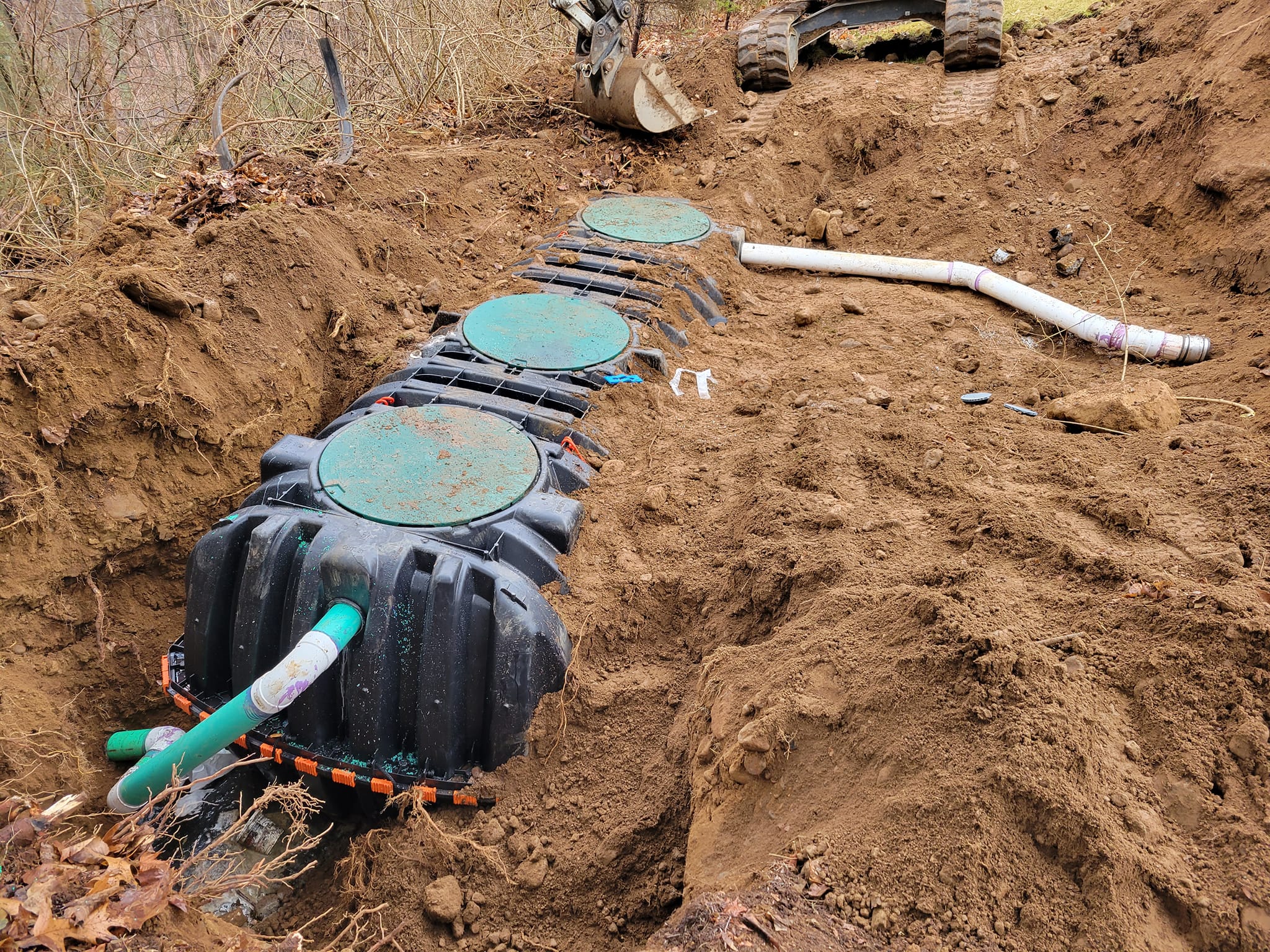
Winterizing Your Septic System: Expert Tips from Nick's Septic and Excavation Jun 21, 2025
First and foremost, it's essential to have your septic system inspected by a professional. Regular inspections can identify potential issues before they become costly problems. A comprehensive check will assess the tank for any cracks or leaks and evaluate the functionality of the drain field. Nick's Septic and Excavation recommends scheduling an annual inspection, ideally just before the winter season, to ensure everything is in optimal condition.
The next step is to pump your septic tank if necessary. During winter, it's more challenging to address a full or overflowing tank due to frozen ground and icy conditions. Pumping the tank before it reaches capacity can prevent unpleasant issues like backups or system failures. If you're unsure about when your tank was last pumped, our team can help you determine the right schedule based on the size of your household and usage patterns.
Another crucial aspect of winterizing your septic system is insulation. It's important to protect your system's components from freezing, which can lead to significant damage. Adding a layer of mulch or dry grass over the septic tank, piping, and drain field can help maintain a consistent temperature beneath the surface. This natural insulation is most effective when applied before the ground freezes.
Additionally, conserving water is a wise move during the colder months. High volumes of water entering the septic system can overwhelm it, especially when the processing rate slows due to lower temperatures. Simple measures, such as fixing leaky faucets, installing water-saving fixtures, and spreading out laundry loads throughout the week, can substantially reduce water usage and ease the burden on your system.
It's also advisable to monitor your household activities that could inadvertently strain the septic system. Avoid disposing of grease, oil, or harsh chemicals down the drain, as these substances can disrupt the natural breakdown process vital to your septic system's health. Instead, dispose of them in the trash or appropriate recycling facilities.
Lastly, be mindful of vehicle and foot traffic over your septic system components. Heavy weights can compact the soil, potentially damaging pipes and affecting the system's efficiency. If your system's location is not clearly marked, consider placing stakes or markers to avoid accidental disturbances.
As winter sets in, taking these proactive steps can safeguard against wintertime septic system issues. At Nick's Septic and Excavation, we're committed to helping you maintain a healthy, efficient septic system year-round. If you need assistance with winterizing your system or have any concerns, our team of experts is ready to provide advice and service tailored to your needs. By following these winterization tips, you can enjoy peace of mind knowing your septic system is well-protected and functioning at its best throughout the colder months.
/filters:no_upscale()/media/e491f599-15bf-420d-820c-7c0945153d7c.jpeg)
/filters:no_upscale()/filters:format(webp)/media/a4d2e976-c622-4855-a451-35191e78c30d.jpeg)